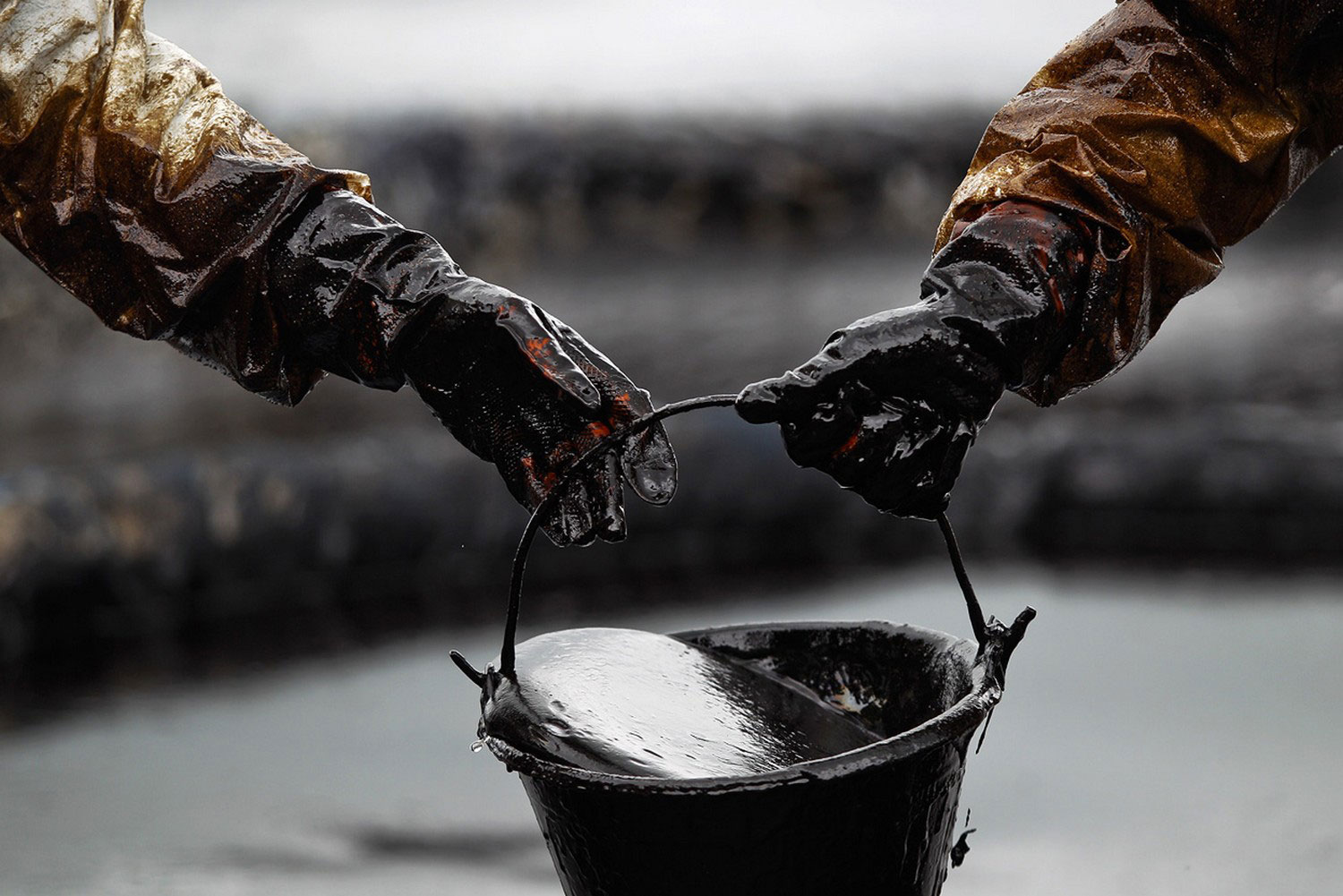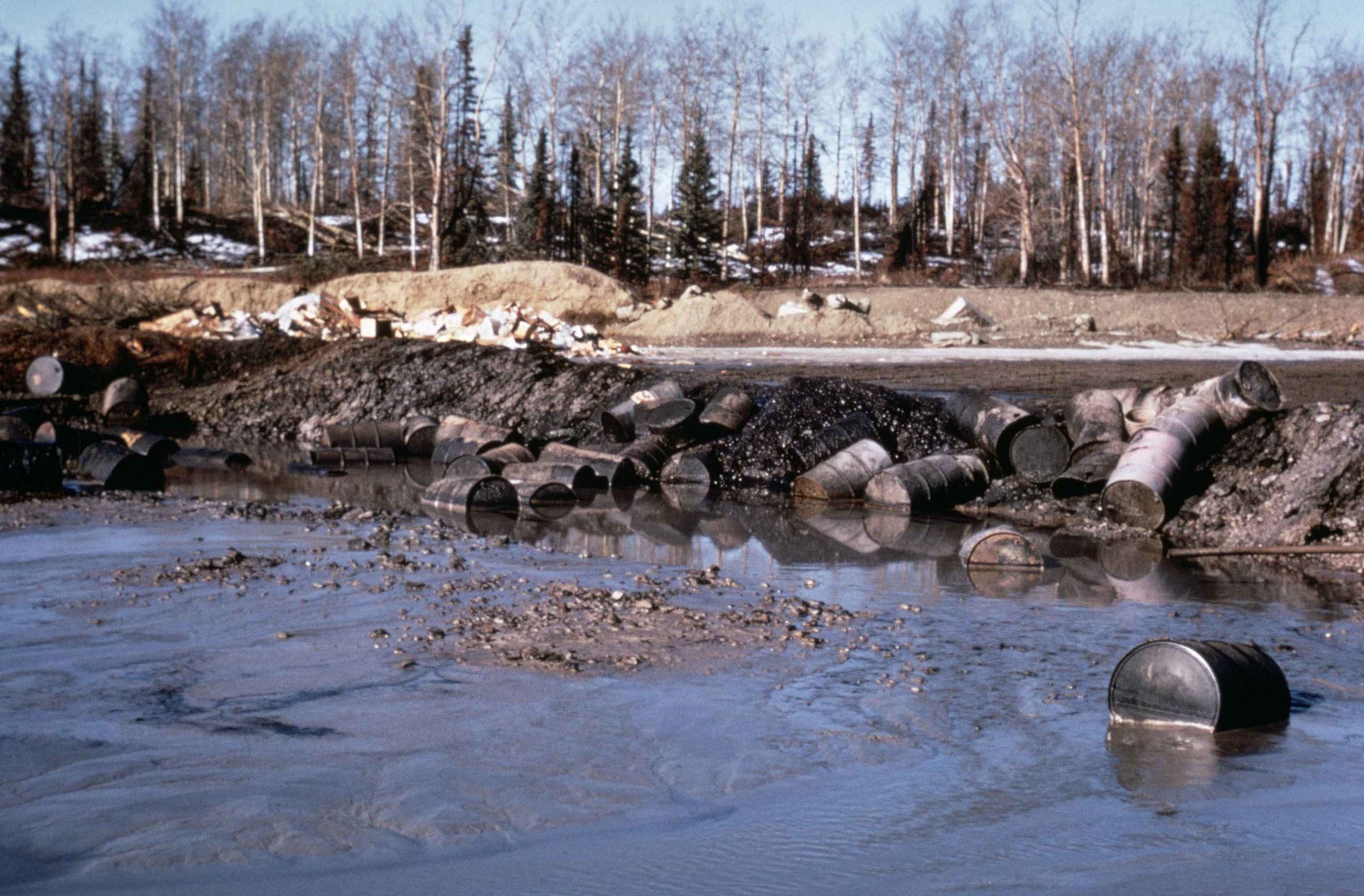Oil sludge, a byproduct of oil exploration and refining processes, poses significant environmental challenges due to its toxic components and persistence in ecosystems. Traditional disposal methods, such as landfilling and incineration, contribute to soil and water pollution, as well as greenhouse gas emissions. In recent years, oil sludge pyrolysis has emerged as a promising technology for managing this waste stream. However, like any industrial process, pyrolysis has environmental implications that must be carefully considered. In this comprehensive exploration, we delve into the impact of oil sludge pyrolysis plant on the environment, examining its potential benefits and risks.

Understanding Oil Sludge Pyrolysis
Pyrolysis is a thermal decomposition process that breaks down organic materials in the absence of oxygen, typically at high temperatures. In the context of oil sludge, pyrolysis involves heating the waste material to temperatures ranging from 300 to 800 degrees Celsius, converting it into valuable products such as oil, gas, and char. These products can be further refined or utilized as fuels or raw materials in various industries.
The primary objective of oil sludge pyrolysis is to recover useful resources from waste while minimizing environmental impact. By converting oil sludge into usable products, pyrolysis reduces the need for traditional disposal methods and mitigates the associated environmental risks.
Environmental Impacts of Oil Sludge Pyrolysis
1. Reduction of Waste Volume
Oil sludge pyrolysis can significantly reduce the volume of waste sent to landfills or incinerators. By converting oil sludge into valuable products such as oil, gas, and char, pyrolysis reduces the need for long-term storage of hazardous waste, thereby minimizing the risk of soil and groundwater contamination. This kind of machine is also called thermal desorption plant.
2. Resource Recovery
One of the key benefits of oil sludge pyrolysis is the recovery of valuable resources from waste. The oil produced through pyrolysis can be used as fuel or feedstock in various industries, reducing the reliance on fossil fuels and virgin materials. Similarly, the gas and char generated during the process can be utilized for energy generation or as raw materials in manufacturing processes, further enhancing resource efficiency.
3. Greenhouse Gas Emissions
While oil sludge pyrolysis offers potential benefits in terms of waste reduction and resource recovery, it is not without environmental consequences. The process itself requires energy input for heating, which may contribute to greenhouse gas emissions if fossil fuels are used. Additionally, incomplete combustion during pyrolysis can result in the release of carbon monoxide, volatile organic compounds, and other air pollutants.

4. Soil and Water Contamination
Although oil sludge pyrolysis can help mitigate soil and water contamination by reducing the volume of waste sent to landfills, it is essential to address potential risks associated with the process itself. Improper handling of pyrolysis byproducts, such as oil spills or leachate from storage tanks, can lead to soil and water pollution. Furthermore, the disposal of residual char or ash from the pyrolysis process must be managed carefully to prevent environmental harm. View a case: waste pyrolysis plant UK.
5. Energy Consumption and Efficiency
The energy requirements of oil sludge pyrolysis can vary depending on the specific technology and operating conditions employed. High-temperature pyrolysis processes may consume significant amounts of energy, particularly if fossil fuels are used for heating. Therefore, it is crucial to consider the energy balance and efficiency of pyrolysis systems to minimize environmental impact.
Mitigating Environmental Risks
While oil sludge pyrolysis holds promise as a waste management solution, it is essential to implement measures to mitigate its environmental risks effectively. Some key strategies include:
Energy Efficiency Improvements: Investing in energy-efficient pyrolysis technologies and utilizing renewable energy sources for heating can help reduce greenhouse gas emissions associated with the process.
Emission Controls: Implementing appropriate emission control technologies, such as scrubbers and filters, can minimize air pollutants released during pyrolysis operations.
Waste Management Practices: Developing comprehensive waste management plans for handling pyrolysis byproducts, including proper storage, transportation, and disposal, can prevent soil and water contamination.
Regulatory Compliance: Adhering to environmental regulations and standards governing waste management and air emissions is essential to ensure that oil sludge pyrolysis facilities operate safely and responsibly.
Monitoring and Reporting: Regular monitoring of air, soil, and water quality around pyrolysis facilities can help identify potential environmental impacts and facilitate prompt corrective action. Additionally, transparent reporting of environmental performance data can promote accountability and public trust.
Conclusion
Oil sludge pyrolysis has the potential to address the environmental challenges associated with oil exploration and refining by converting waste into valuable resources. However, like any industrial process, pyrolysis must be carefully managed to minimize its environmental footprint. By considering the environmental impacts and implementing appropriate mitigation measures, oil sludge pyrolysis can contribute to sustainable waste management and resource recovery efforts. As the world seeks to transition to a more circular economy, innovative technologies like oil sludge pyrolysis will play a crucial role in realizing this vision while protecting the health and integrity of our environment. Beston Group Co., Ltd. is a good choice when you select a machine to treat oil sludge.